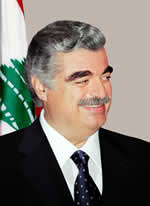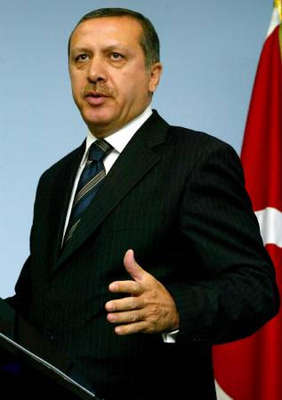Habitat for Humanity Turkey
- Ayrıntılar
- Kategori: Habitat News
Habitat for Humanity Turkey
Country profile
Although we work in nearly 100 countries worldwide, we do not have, at the moment, any active programme in this country.
Housing need
In Turkey, housing is a complex social issue. Thirty years ago, three quarters of the population lived in the countryside and a minority lived in major cities. Now, the situation is reverse. Most villagers who migrated to the cities looking for work could not afford decent housing so they built temporary shelters in the outskirts. These shelters soon became neighborhoods of shacks, with no piped water or electricity. Poverty and crime became main characteristics of these growing urban slums.
Into this environment of substandard housing, which ignored earthquake hazards, came the tragedies of August 1999 tremors and aftershocks. Cheaply built, illegal housing lies at the heart of that earthquake disaster. It explains why so many houses crumbled like packs of cards. Much of the housing in poorer urban areas was substandard. It was constructed from mud brick and was unable to withstand the impact of a strong tremor.












